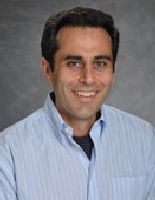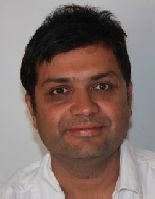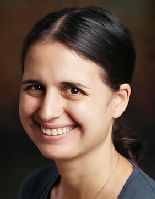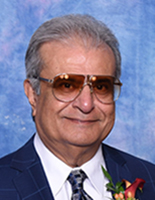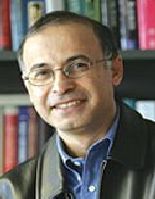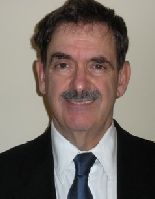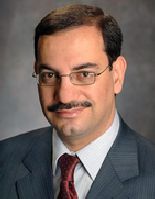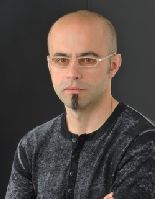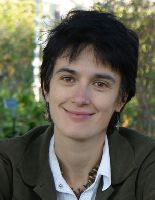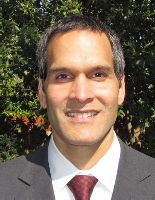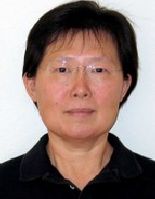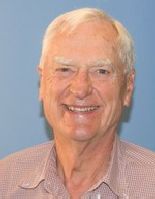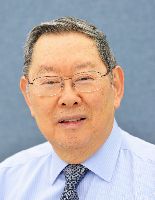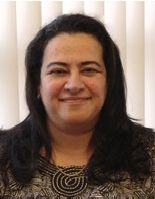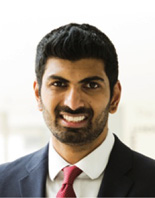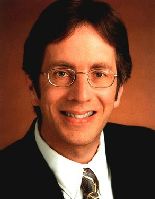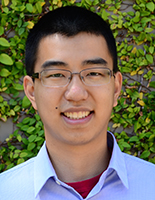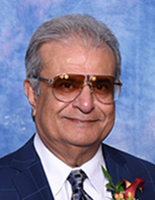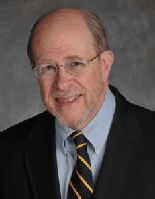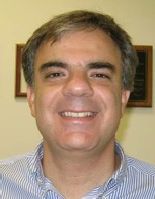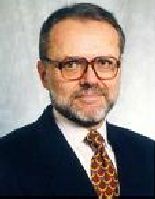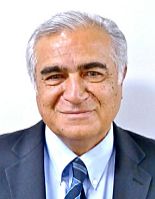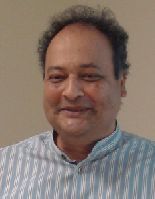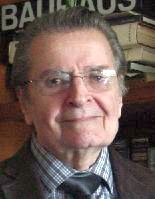Communications and Networking
UCLA has a tradition in Communications and Networking Research: for example, the first Internet packets were sent from UCLA and the Viterbi algorithm was developed here. In an increasingly interconnected and online world, our research encompasses computer networks, social networks, wireless networks, on-chip networks and biological networks. Our work spans from fundamental questions in communications networking, autonomous vehicular networks, multimedia telecommunications, coding theory, algorithms, resource allocation, game theory, network economics, information theory and security, to applications in mobile computing, sensors and embedded systems, distributed control systems, media distribution, green computing, intelligent cities, smart grid, cognitive radios, emergency networks and mobile health.
Faculty
Joint Faculty
Emeriti Faculty
Signal Processing and Machine Learning
We rely on signals to interact with the physical and virtual world. A challenge today is how to collect, analyze, store, and process large data in an efficient and scalable manner. Our signal processing research targets the inference, visualization, representation, and learning of a broad spectrum of signals related to media (including speech, video and social media networks), sensors (for medical, military, space, process control or environmental applications), communications and control networks (such as wireless and utility networks), and adaptive arrays (such as acoustic and radar). This applies to problems ranging in scale from the microscopic to Big Data. Research contributes to disciplines descended from both EE and CS roots, such as machine learning, statistical signal processing, stochastic modeling, graphical models, information theory, adaptation and learning algorithms, inference over networks, distributed signal processing, data analysis and distributed optimization.
Control and Decision Systems
Control and decision systems research aims to develop the mathematical principles explaining how complex systems can behave correctly in uncertain environments. One key program strength is in cyber-physical systems, that network together collaborating computational elements with physical elements. We work in improving their functionality, autonomy, and adaptability, analyze their performance and ensure their secure operation. Applications include autonomous vehicles, transportation networks, medical systems, robotics coordination, smart buildings and smart power grids. Another strength is in the intersection of economics with engineering.
Faculty
|
|
|
|
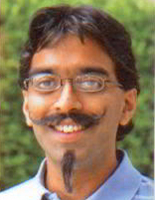
Ankur Mehta |
|
|
|
|
|
|
|
|
|
 |
Adjunct Faculty
Information, Computation and Optimization Theory
Information theory research develops the fundamental limits of compression, encryption, and channel coding of data in a variety of networks, storage media and communications systems. Application areas include new types of storage systems, and more efficient and secure networks. Computation theory research characterizes the fundamental complexity of problems and the types of algorithms that can be used to solve them efficiently and/or approximately. Optimization theory research studies how minimizing cost functions inherent in problems spanning from economics to broad swaths of engineering can be formulated and efficiently solved.
Faculty
|
|
|
|
|
|
|

Ankur Mehta |
|
|
|
|
|
|
|
|
|
|
|
 |
Emeritus Faculty


